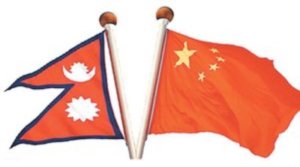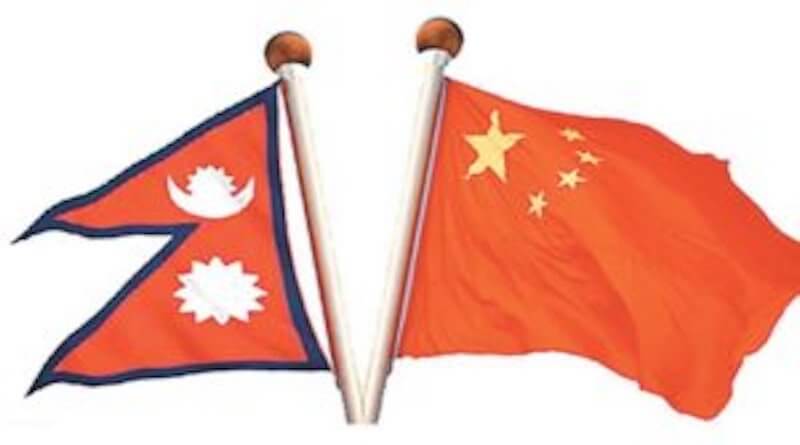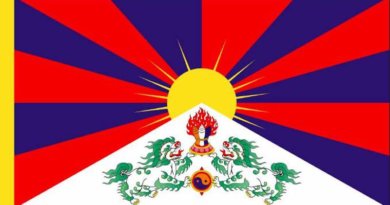China pressing Nepal to sign extradition treaty to target Tibetans

DHARAMSALA, 9 Oct: China may as well be calling the shots in Nepal as it has pressed Nepal to sign an extradition treaty to ‘clamp down on Tibetans.’
Kathmandu is being pressed to sign an extradition treaty with China during the scheduled visit of the Chinese President Xi Jinping to the country in mid-October, reports Khabarhub, a Kathmandu-based news portal.
The report further stated that a draft of the treaty has been readied and that, if the treaty is signed, Nepal and China can extradite crime-accused individuals to the concerned countries.
Experts worry that Beijing is pressing Nepal to sign the treaty mainly to extradite Tibetans involved in ‘anti-China’ activities in Nepal, it added.
The Chinese President’s visit to Nepal comes after 23 years. Jiang Zemin was the last Chinese president to visit the country in 1996 while Chinese Premier Wen Jiabao visited Nepal in 2012.
Pertaining to the condition of the Tibetan refugees in Nepal, rights groups and activists alike have long accused Beijing of using aid and investment in Nepal to ensure the government prevents any anti-Chinese activity.
“Beijing is demanding that Kathmandu strengthens its border troops,” reported DW News, a global English-language news and information channel from a German international broadcaster Deutsche Welle (DW) way back in Aug 2016 citing a confidential document from the American embassy in Nepal published by Wikileaks in 2010.
It was also revealed in the document that “China rewards Nepalese forces by providing financial incentives for handing over Tibetans who want to flee across the border.”
Nepal is not among the 147 nations that have signed the United Nations Convention Relating to Refugee Status, which guarantees their refugee populations certain rights. A large majority of the Tibetan refugees born in Nepal still remain undocumented and they often face restrictions from Nepalese authorities, particularly around significant Tibetan anniversaries.
As Nepal cosies up to China and the latter’s influence grew in the country, the pressure is mounting on Tibetans living in the region.
Meanwhile, Nepal started collecting data on Tibetan refugees living in the country to keep a tap on their number and their anti-China activities in February this year. The Nepalese government also opened a probe over the participation of its two members of the House of Representatives at the World Parliamentarians’ Convention on Tibet in May under Chinese influence.
The MP duo later said in a joint press statement that they “happened to inadvertently attend the conference” due to wrong information.






